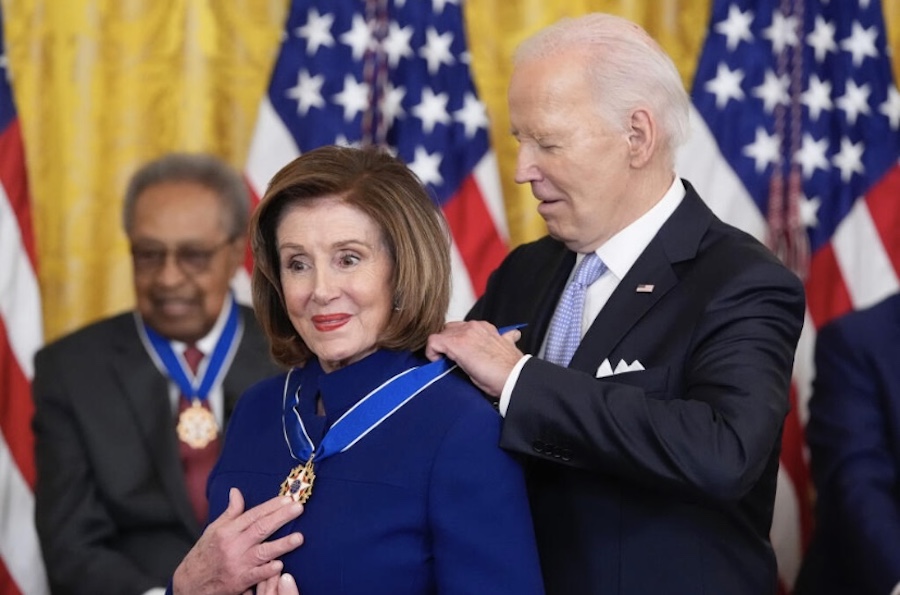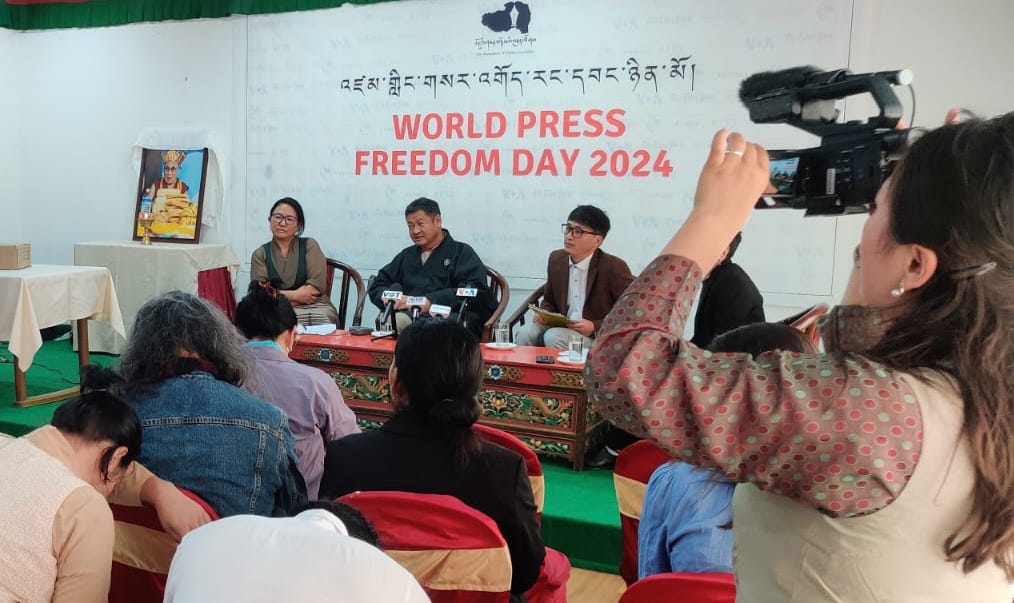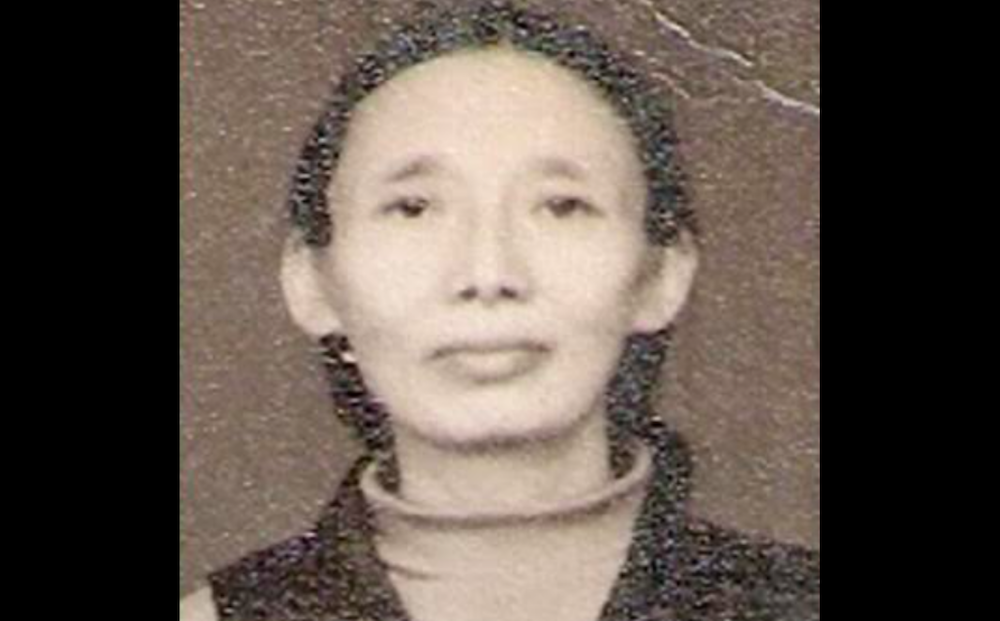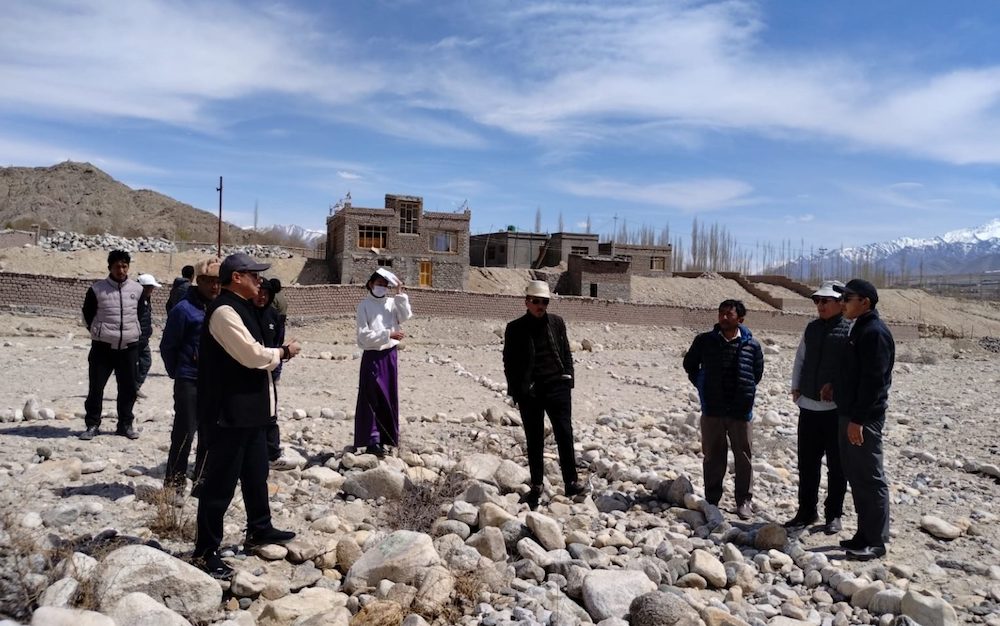 DHARAMSALA, India – Tibetans turned up in droves in this north Indian hill station to elect a prime minister and members of the Tibetan parliament in exile.
DHARAMSALA, India – Tibetans turned up in droves in this north Indian hill station to elect a prime minister and members of the Tibetan parliament in exile.
“The turnout is greater than we had expected,” said Tenzing Dhargyal, additional secretary at the election commission of the Tibetan government in exile.
Voters, including monks, nuns, and lay Tibetans, started lining up from early morning to cast their votes.
The 46-member Assembly of Tibetan People’s Deputies is headquartered in Dharamsala, where the Dalai Lama, the Tibetan spiritual leader, settled in 1959 after a failed uprising against Beijing’s rule in Lhasa.
The one-day ballot is being held at 53 polling stations set up by the election commission for Tibetans living in India, Bhutan, Nepal, Europe and North America.
 It is the final round of polls to elect members of the Tibetan parliament-in-exile, a consultative body which supports the campaign by the Dalai Lama for greater autonomy for the Chinese-ruled homeland.
It is the final round of polls to elect members of the Tibetan parliament-in-exile, a consultative body which supports the campaign by the Dalai Lama for greater autonomy for the Chinese-ruled homeland.
It is also a preliminary election for prime minister but only the second time that Tibetan exiles are participating in popular elections for a “kalon tripa”. The first direct vote for a prime minister was held in 2001.
More than 82,000 of the 100,000 Tibetans living in exile have registered to vote and 80 candidates are in the fray.
“It is great to see so many people come to vote,” said Dawa Tsering, an incumbent member of parliament after casting his vote at a polling station at Mcleod Ganj in Dharamsala.
“When I see the crowds today, I think, we are changing. People seem to take more interest in elections now,” added Dawa.
The election campaigns have been more rigorous than in the previous ballots, with Tibetan youths making a particular thrust to have fresh blood injected into the parliament.
“There are old MPs who have been in the parliament for the last 10-15 years,” said Tenzin Tsundue, a young activist and writer.
“We need to see more educated youngsters in the parliament. It is time we youngsters take responsibility.”
 The parliament, formed in 1962 and intended to serve as a model of self-government for the Tibetan homeland, was expanded from 1990 and given independent authority.
The parliament, formed in 1962 and intended to serve as a model of self-government for the Tibetan homeland, was expanded from 1990 and given independent authority.
It was empowered to elect a cabinet of seven ministers who now explain and defend their polices before the assembly.
While a section of Tibetan exiles demand a totally independent Tibet, the differences do not spill over in the assembly.
Incumbent prime minister Samdong Rinpoche, a monk who has taught Buddhist philosophy in the Indian holy city of Varanasi for 30 years, is favourite to be re-elected.
He is a staunch supporter of the Dalai Lama’s “middle path” approach in dealing with China.
The Dalai Lama frequently reiterates that the Tibetan people want self-rule but not independence from China.
“I have only one demand: self-rule and genuine autonomy for all Tibetans,” he said last month.
A final round of voting to elect the prime minister will take place on June 3 with the results expected a month later. Assembly results are due in early April.
China and envoys of the Dalai Lama last month held their fifth round of talks since resumption of ties in 2002.









